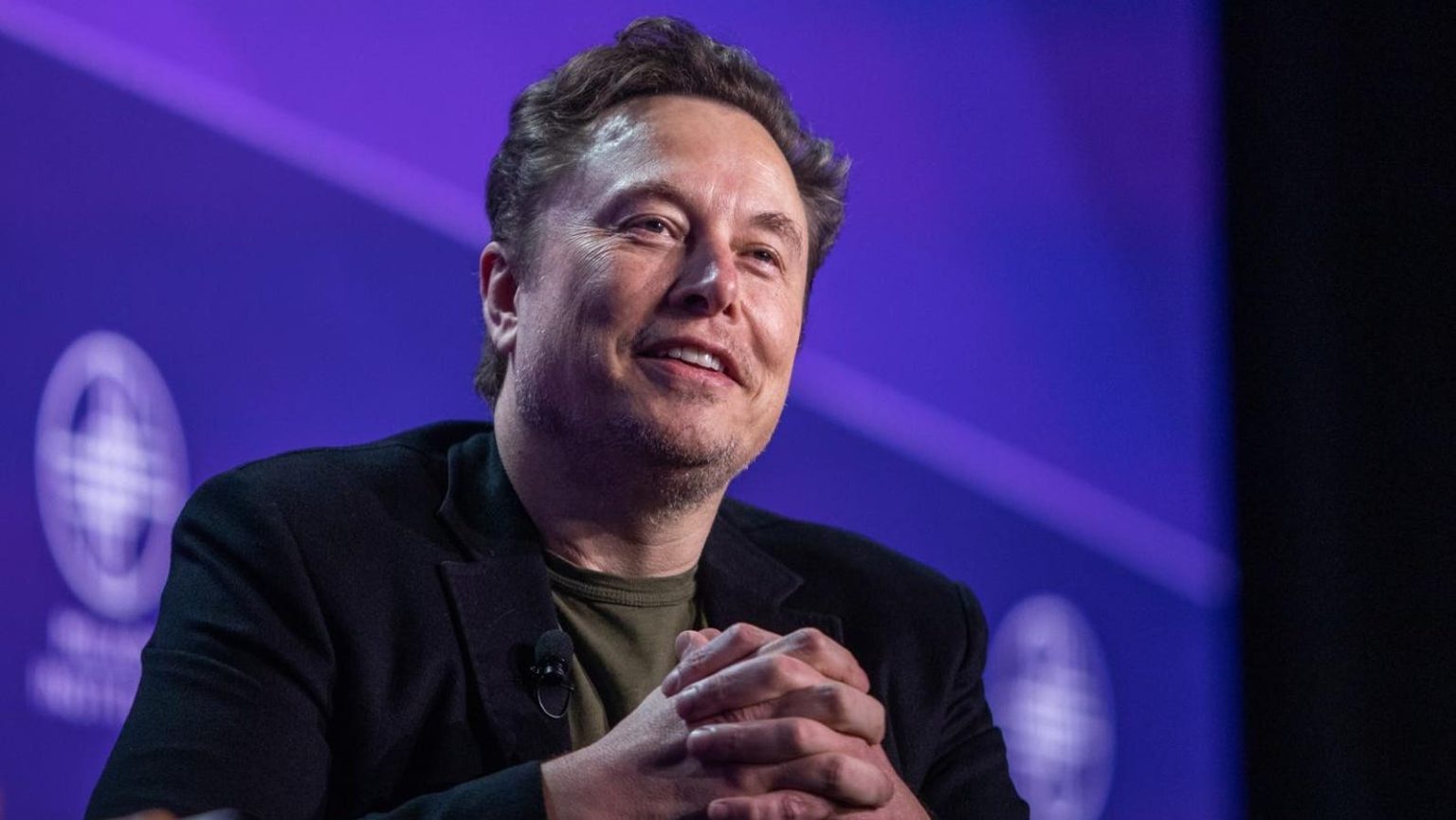Tesla CEO Elon Musk has spoken out against the U.S. government’s decision to impose 100% tariffs on Chinese electric vehicles, a stark contrast to his previous warnings about the threat Chinese EV companies pose to global car makers without trade barriers. Musk stated that Tesla competes well in the Chinese market and expressed a preference for no tariffs or tax incentives for either EVs or gas-powered vehicles, emphasizing the importance of freedom of exchange and market integrity.
In January, Musk had warned about the competitiveness of Chinese EV makers, suggesting that without trade barriers, they could potentially surpass other companies in the global market. This shift in tone from his recent comments highlights the ongoing competition Tesla faces in China from domestic brands like BYD and Nio. Despite this, Musk has previously praised these Chinese companies and acknowledged their potential to rival Tesla in the EV race.
Questions arose about the possibility of Tesla moving forward with a low-cost model following the tariffs, but Musk declined to provide specifics, citing a dislike for questions that could impact the company’s stock price. Speculation about Tesla’s plans for a more affordable EV has been circulating, with reports suggesting a focus on self-driving robotaxis rather than a budget-friendly vehicle. Musk has previously aimed for a $25,000 Tesla model by the second half of 2025.
President Biden’s recent tariff hikes on Chinese imports, including electric vehicles, semiconductors, batteries, and steel, were intended to combat China’s alleged unfair trade practices and intellectual property theft. The decision to increase tariffs on Chinese electric vehicles from 25% to 100% was met with criticism from Musk, who believes such barriers inhibit market competition. The ongoing trade tensions between the U.S. and China are impacting various industries, including the electric vehicle market.
Musk’s stance on tariffs reflects a broader debate within the EV industry about the role of government intervention in promoting domestic manufacturers and protecting against foreign competition. As Tesla continues to expand its presence in China and globally, the company faces challenges from both established car companies and emerging Chinese brands. Musk’s comments also hint at the complexities of balancing market dynamics with regulatory policies in the fast-growing EV sector.
The future of Tesla’s low-cost model remains uncertain, with conflicting reports about the company’s priorities and plans. Musk’s reluctance to share details suggests that strategic decisions regarding product development and market positioning are still evolving. As the electric vehicle landscape evolves and competition intensifies, Tesla’s ability to navigate market dynamics and regulatory challenges will be crucial for its long-term success and growth.


